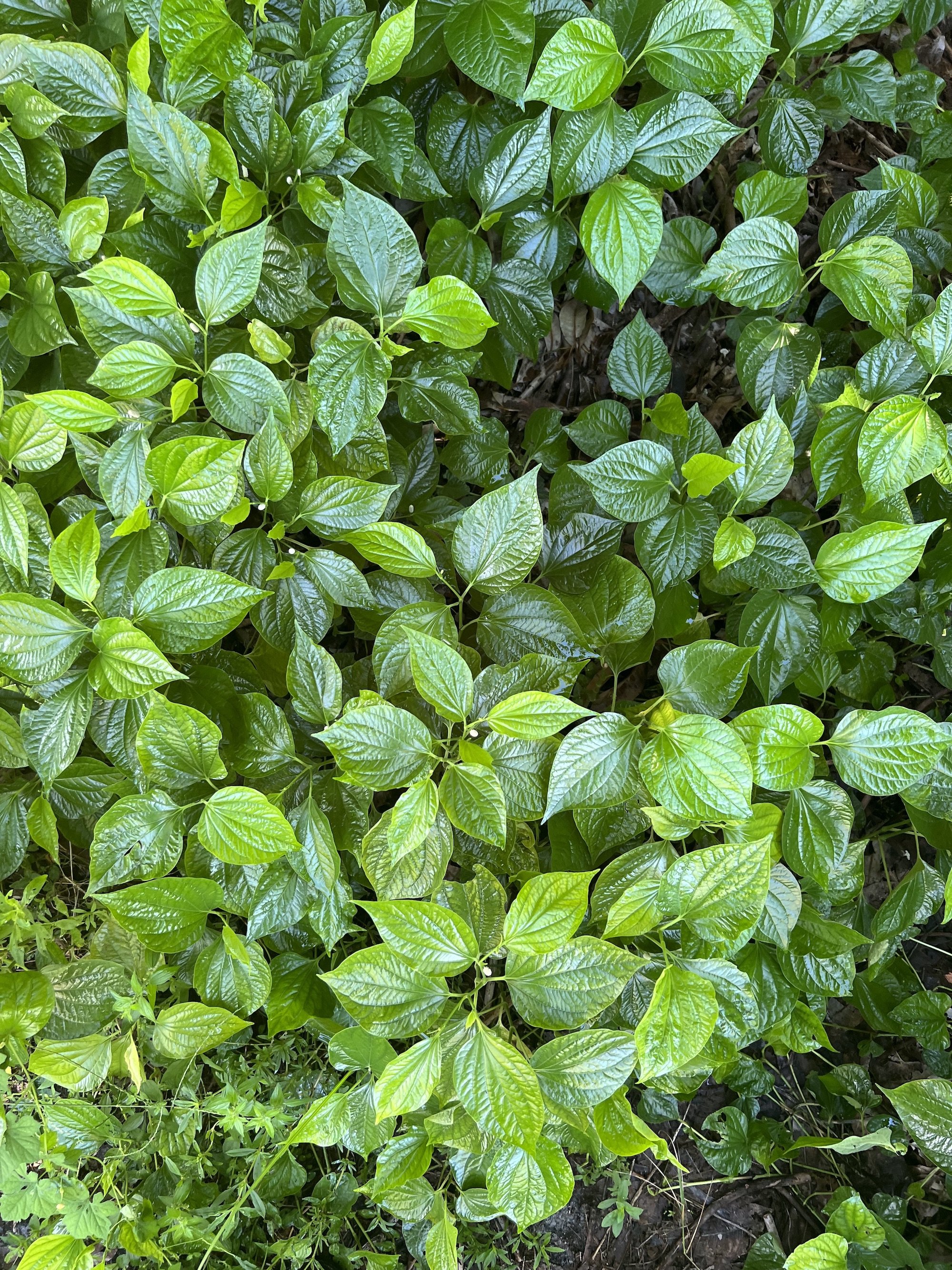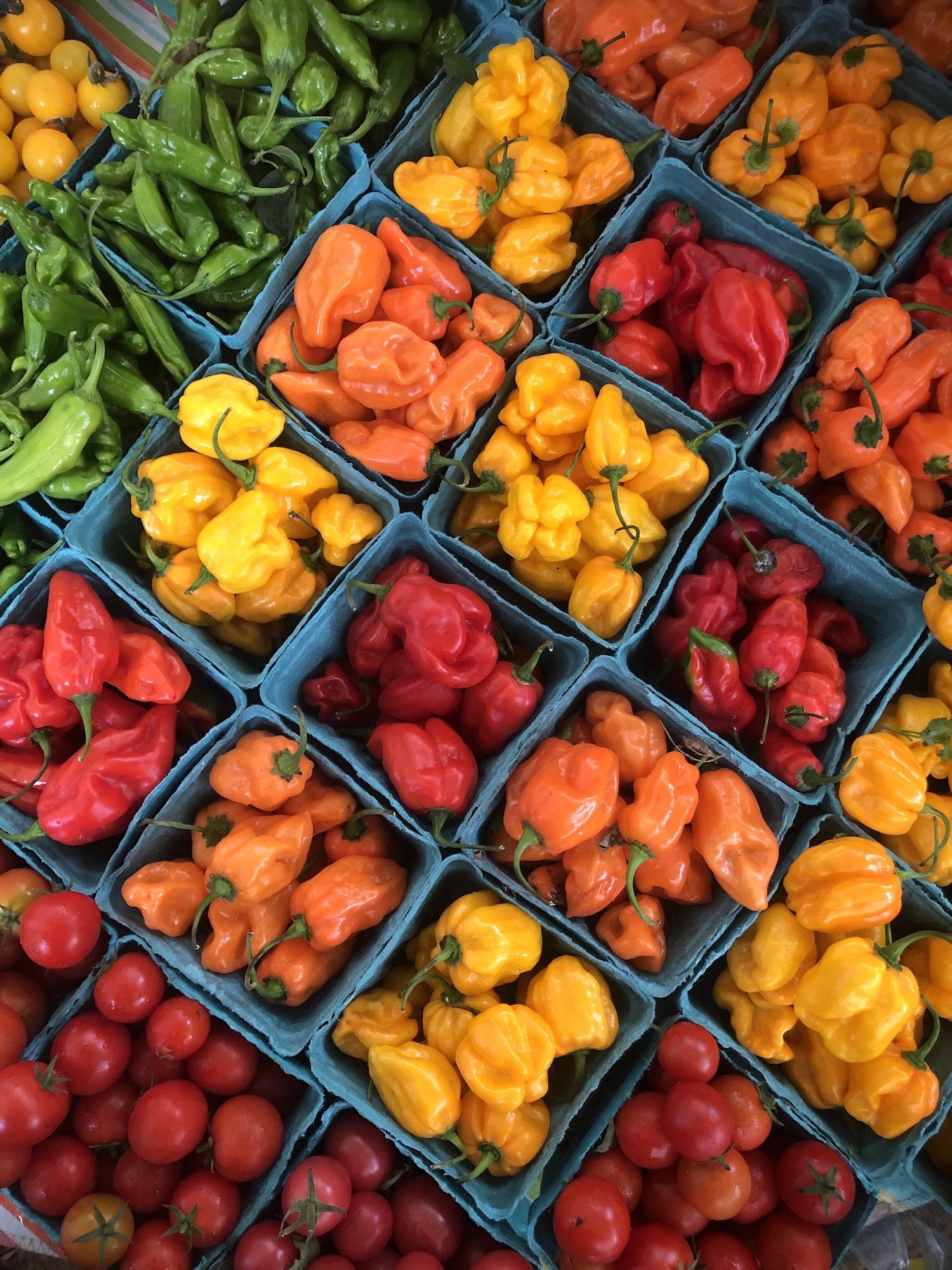
Plant Profiles
Spicy Peppers
These peppers tend to be smaller in size with a much higher heat content that is to be approached with caution. With an average Scoville Heat rating of 5,000, Jalapeños are pretty mild as far as spicy peppers go, explore the full Pepper Index for twelve common spicy peppers enjoyed around the world, ranging up to 75,000 SHU.
Warm Peppers
These peppers are all known to have a super rich, savory flavor with a mild to warm heat. Harvested and eaten both green while the peppers are still pretty mild in addition to when ripened to their full red or brown color and spice level. Explore the full Pepper Index to learn more about six common warm peppers.
Mini Peppers
Although there are a very many tiny pepper in this world that will set your tongue on fire, the “Mini Peppers” in this group are sweet to mild and are meant to be eaten whole with ease. While shishitos and padrons tend to be more common at the farmers market, the range of super sweet, tropical, heatless habaneros are hot on the scene! Just toss these peppers into a frying pan with oil and serve with a sprinkle of salt, serve on a gorgeous multicolored platter, or eat them all to yourself alongside eggs for breakfast.
Sweet Peppers
There’s nothing like a crisp sweet pepper in the middle of summer, from bells to Italian peppers to pimentos and Jimmy Nardellos. Whether you enjoy them raw like an apple, chopped up fresh into a salad or slaw, cooked into a stir-fry or roasted and blended into a sauce, sweet peppers are where it’s at. Click to explore the full Pepper Index including six common sweet peppers.




















